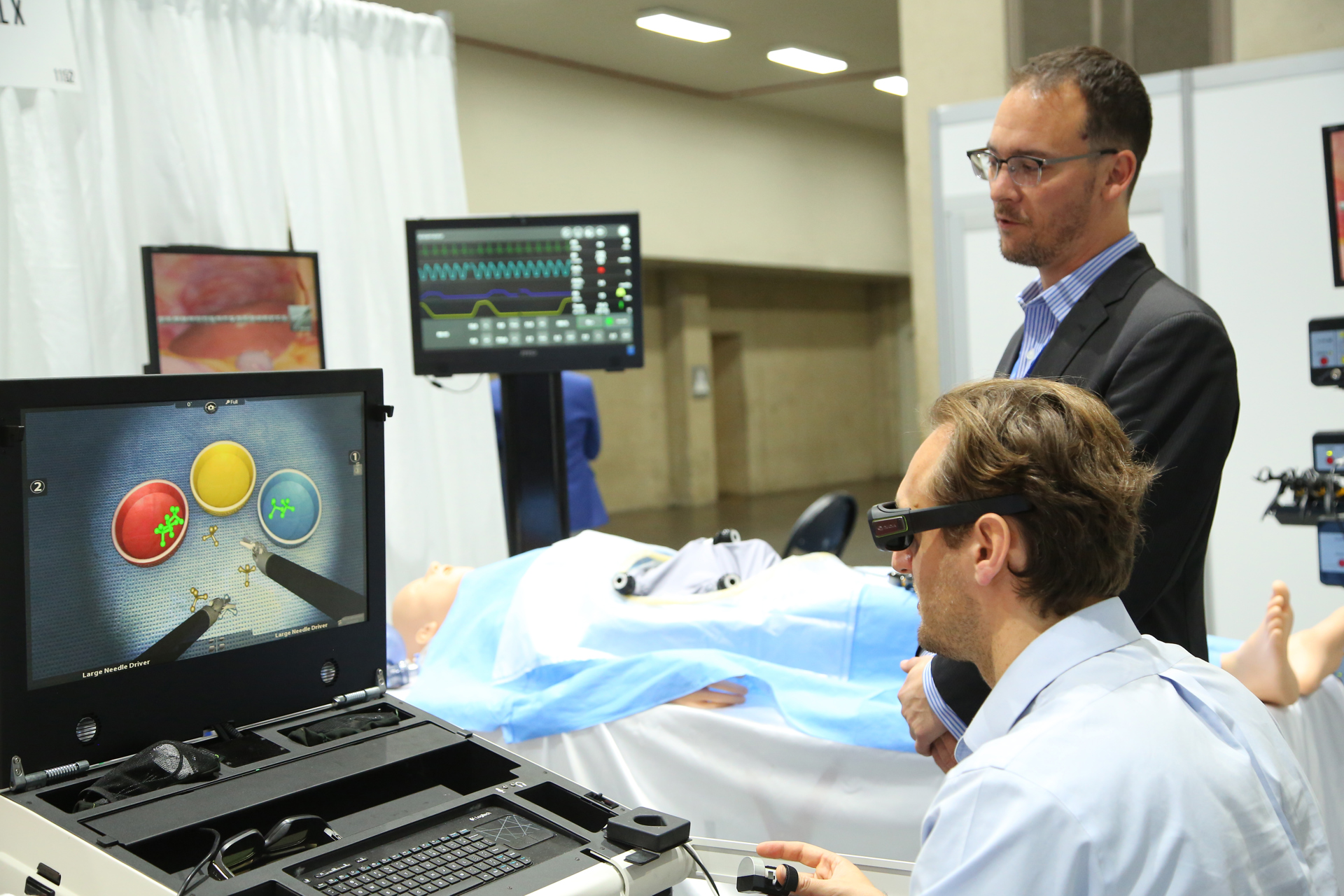Literature selections curated by Lewis Flint, MD, FACS, and reviewed by the ACS Brief editorial board.
Study Examines Frequency of Synchronous Advanced Neoplastic Lesions Discovered with Early Onset CRC
Emiloju OE, Saberzadeh-Ardestani B, Sinicrope FA. Synchronous Neoplasia Rates at Colonoscopic Diagnosis of Early-Onset vs Average-Onset Colorectal Cancer. JAMA Netw Open. 2023;6(7): e2324038.
Early onset colorectal cancer (CRC) is increasing in frequency; screening colonoscopy is an accepted method for early diagnosis of this condition. This study examined the frequency of synchronous advanced neoplastic lesions discovered at the time of colonoscopic diagnosis of early onset CRC.
Patients (n = 150) with early onset CRC (median age 47 years) were matched with a similar number of patients with average-age onset CRC (median age 67 years). Although the frequency of diagnosis of associated neoplasia was similar in both groups, the rate of diagnosis of advanced synchronous neoplasms was significantly higher in early onset patients. Of note was the fact that this finding was consistent for patients with colon cancer, but the risk for associated advanced neoplasms was not increased for patients with rectal cancer.
The authors hypothesized that early onset colon cancer was associated with genetic patterns that produced a widespread cancerization field effect in this patient group. Additional studies are necessary to determine potentially useful changes in surgical therapy and surveillance strategies to deal with advanced synchronous neoplasms discovered in patients with early onset CRC.
Presence of Non-Functioning Adrenal Tumors Is Associated with Significantly Increased Long-Term Mortality
Patrova J, Mannheimer B, Lindh JD, Falkammar H. Mortality in Patients with Nonfunctional Adrenal Tumors. JAMA Intern Med. 2023;183(8): 832-838.
Computed tomography and magnetic resonance imaging are commonly used to facilitate early and accurate diagnosis of abdominal conditions such as appendicitis, biliary tract disease, and renal disease. Discovery of unexpected adrenal tumors has increased because of this practice.
This article reported a retrospective analysis of data from a national medical database in Sweden comparing long-term outcomes in patients (n = 17,726) who were found to have a non-functioning adrenal adenoma (NFAA) with patients (n = 124,366) who did not have an adrenal mass. The median age of patients with NFAA was 67, and the majority of patients were women.
The data analysis showed that long-term mortality risk was significantly increased in patients with NFAA. The greatest increase in mortality risk was in patients younger than 65 years of age. Causes of death were primarily cardiovascular disease and cancer. Because excess adrenal hormone secretion is known to increase risk for cardiovascular disease and cancer, the authors suggested that late-onset adrenal hormone secretion in tumors that were not secreting excess adrenal hormones at the time of discovery might help explain the increased rates of death.
Of note is the observation that long-term mortality in patients who underwent adrenalectomy (n = 352) was similar to control patients who did not have NFAA.








